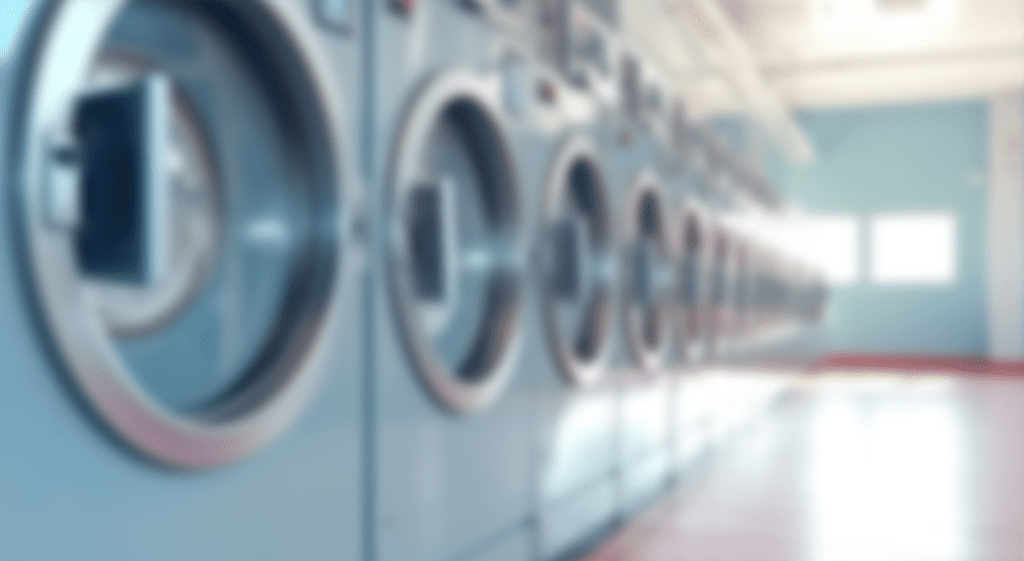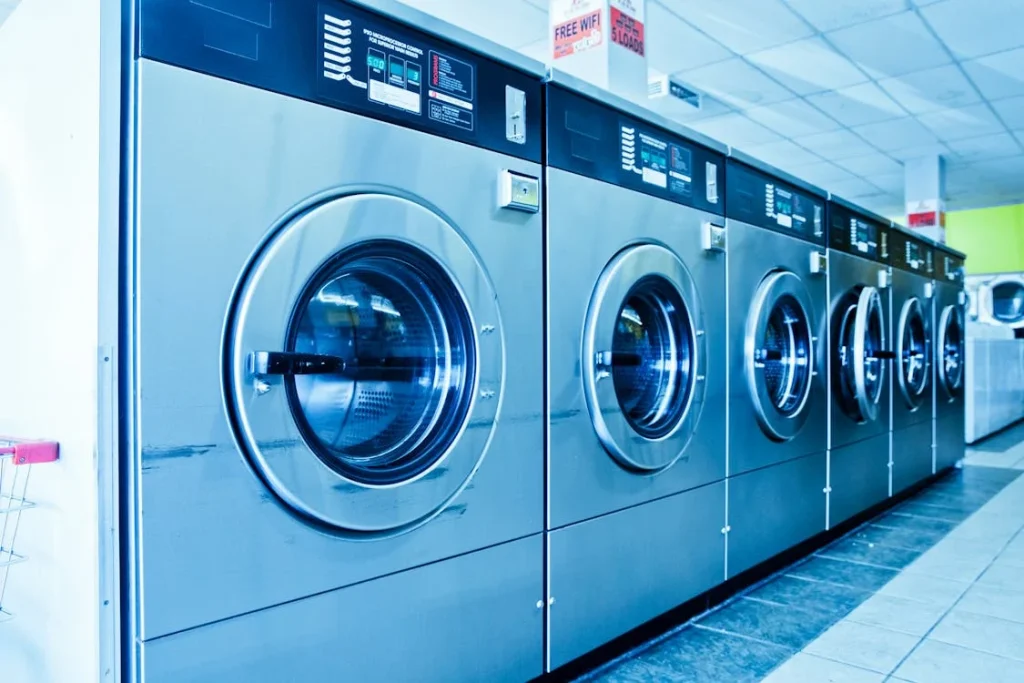Choosing the right commercial dryer for your business can feel like navigating a maze, right? You’ve got a ton of options out there, each promising the moon in terms of efficiency and performance. But fear not! This comprehensive guide is here to cut through the noise and help you pinpoint the best commercial dryer that perfectly aligns with your specific needs, whether you’re running a bustling laundromat, a busy hotel, or a demanding industrial operation. We’ll explore everything from understanding your unique drying demands to comparing high-efficiency models, ensuring you make a smart investment that pays off in the long run.
Tabla de contenidos
- 1. Understanding Your Commercial Drying Needs
- 2. Key Considerations: Capacity, Efficiency, and Durability
- 3. Types of Commercial Dryers: Exploring Your Options
- 4. Top Features to Look for in a High-Performance Commercial Dryer
- 4.1. Advanced Moisture Sensing Technology: Preventing Over-Drying
- 4.2. Programmable Cycles: Customization for Different Fabric Types
- 4.3. Lint Filtration Systems: Maintaining Efficiency and Safety
- 4.4. Digital Controls and User-Friendly Interfaces
- 4.5. Comparing High-Efficiency Commercial Dryer Models
- 4.6. Energy Star Certified Dryers: Maximizing Savings and Sustainability
- 4.7. High-Speed Extraction Compatibility: Reducing Drying Time
- 4.8. Innovative Drum Designs: Enhancing Airflow and Drying Performance
- 5. Choosing the Perfect Commercial Dryer for Your Business
- 6. Installation, Maintenance, and Long-Term Care
- 7. Making the Smart Investment: Factors Beyond the Purchase Price
- 8. Conclusion: Your Path to Optimal Commercial Drying Solutions
- 9. Frequently Asked Questions (FAQs)
1. Understanding Your Commercial Drying Needs
Before we even start looking at shiny new dryers, let’s take a step back and really think about what you need. What kind of business are you running, and how much laundry are we talking about on a daily or weekly basis? These are crucial questions that will heavily influence the type and size of commercial dryer that will be your best ally in tackling those mountains of damp linens and garments.
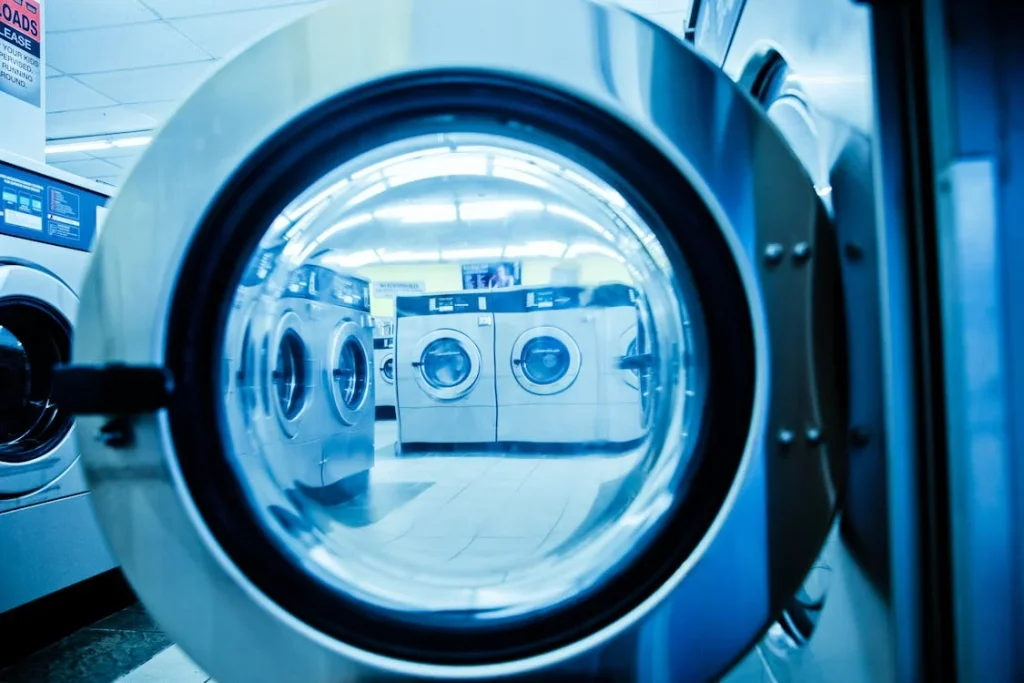
1.1. Identifying Your Business Type and Volume
Are you the owner of a self-service laundromat where speed and ease of use are paramount for your customers? Or perhaps you manage a hotel where efficiency in handling large volumes of towels and bedding is key to smooth operations? Maybe you’re in an industrial setting where robust and reliable performance is non-negotiable. Each of these scenarios presents different demands on a commercial dryer. A laundromat might prioritize quick cycles and user-friendly controls, while a hotel might focus on sheer capacity and durability. Understanding your typical laundry load volume – how many pounds of wet laundry you process regularly – is equally important in determining the right size and number of dryers you’ll need.
2. Key Considerations: Capacity, Efficiency, and Durability
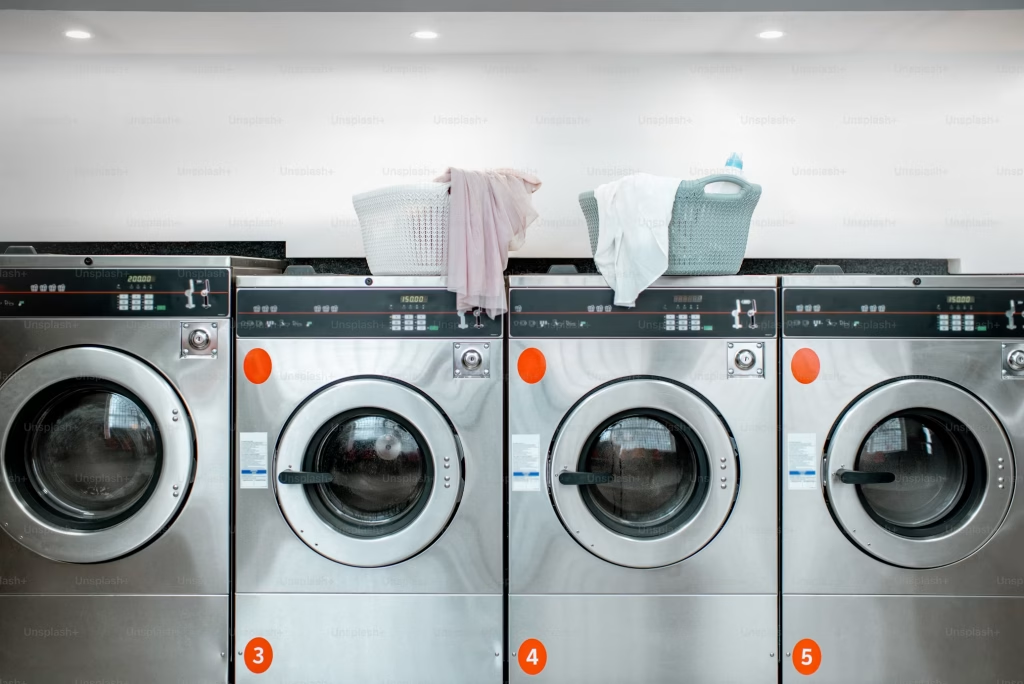
When it comes to best commercial dryers, three key factors stand out: capacity, efficiency, and durability. Think of these as the holy trinity of dryer performance. Getting the balance right between these three will ensure you’re not only handling your laundry effectively but also doing so in a cost-efficient and sustainable manner.
2.1. Capacity: Matching Dryer Size to Laundry Load
Imagine trying to stuff a king-size comforter into a small household dryer – it’s just not going to work well, right? The same principle applies to commercial dryers. Overloading a dryer not only leads to poor drying performance and longer cycle times but can also put unnecessary strain on the machine, shortening its lifespan. Modern commercial dryers come in a range of capacities, typically measured in pounds. You’ll need to assess your average load size to choose a dryer that can comfortably handle it without being constantly overloaded. It’s often better to slightly overestimate your needs to accommodate peak periods.
2.2. Efficiency: Saving Energy and Money in the Long Run
Running a commercial laundry operation can be energy-intensive, and dryers are often a significant contributor to those costs. That’s why efficiency is a huge factor to consider. Best commercial dryers come with various features designed to minimize energy consumption, such as advanced moisture sensors that stop the cycle when clothes are dry, preventing over-drying and wasted energy. Investing in an energy-efficient model might have a higher upfront cost, but the long-term savings on your utility bills can be substantial. Think of it like choosing a fuel-efficient car – you might pay a bit more initially, but you’ll save a lot on gas down the road.
2.3. Durability: Investing in a Dryer Built to Last
Commercial dryers are workhorses, often running for many hours a day, day after day. They need to be built tough to withstand this constant use. Look for dryers constructed with high-quality materials, robust components, and a reputation for reliability. A durable dryer might cost more upfront, but it will save you money in the long run by reducing the frequency of repairs and replacements. It’s like choosing a sturdy pair of work boots – they might be pricier than flimsy sneakers, but they’ll last much longer in a demanding environment.
3. Types of Commercial Dryers: Exploring Your Options
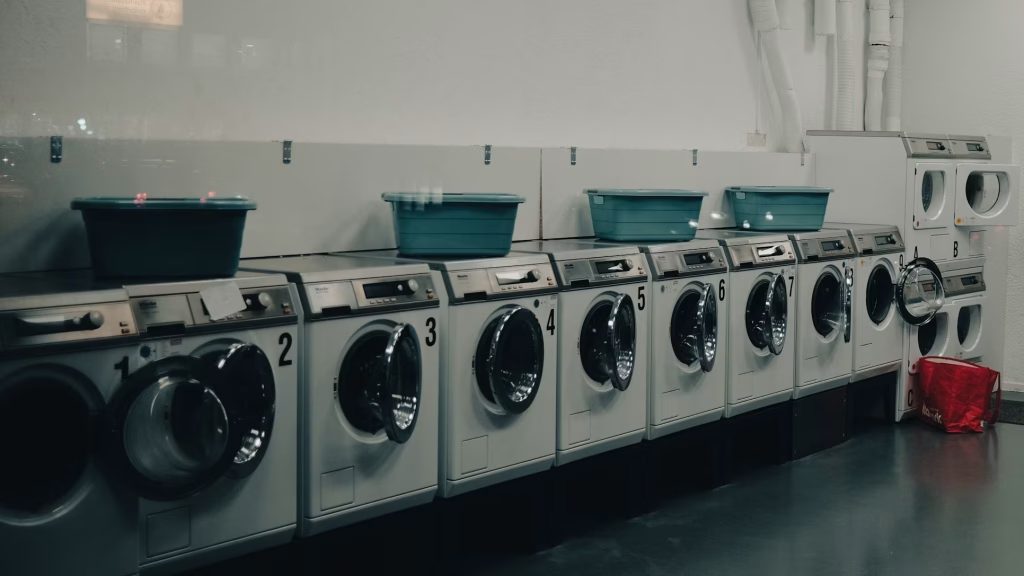
Just like cars come in different models for different needs, best commercial dryers aren’t a one-size-fits-all affair. You’ll encounter several main types, each with its own strengths and weaknesses depending on your specific application. Understanding these different types will help you narrow down your choices.
3.1. Gas vs. Electric Dryers: Which Fuel Source is Right for You?
One of the first major decisions you’ll face is whether to go with a gas or an electric dryer. Gas dryers generally heat up faster and can be more cost-effective to run in areas with lower natural gas prices. However, they require a gas line connection and proper ventilation. Electric dryers, on the other hand, are easier to install as they only need an electrical connection, but their operating costs can be higher depending on electricity rates in your area. Consider the infrastructure you already have in place and the prevailing energy costs in your region when making this decision.
3.2. Tumbler Dryers: The Workhorse of Commercial Laundry
Tumbler dryers are the most common type of commercial dryer you’ll see, especially in laundromats and on-premise laundry facilities. They work by tumbling the clothes in a rotating drum while heated air is circulated to evaporate moisture. These dryers come in various sizes and capacities to handle different laundry volumes. They are generally robust and efficient for drying a wide range of fabrics.
3.3. Cabinet Dryers: Gentle Drying for Delicate Items
Unlike tumbler dryers, cabinet dryers feature stationary racks or shelves within an enclosed cabinet. Heated air circulates around the items, providing a gentler drying process. These are often used for drying delicate items, such as woolens or garments that might be damaged by the tumbling action of a standard dryer. While they might not be suitable for high-volume operations with a lot of general laundry, they are invaluable for businesses that handle specialty items.
3.4. Pass-Through Dryers: Streamlining High-Volume Operations
Pass-through dryers, also known as tunnel dryers, are designed for high-volume industrial laundry operations. They have doors on both the loading and unloading ends, allowing for a continuous flow of laundry. Wet items are loaded on one side, move through the drying chamber, and emerge dry on the other side. This setup significantly improves efficiency and reduces handling in large-scale environments. If you’re dealing with massive amounts of laundry, a pass-through dryer could be a game-changer.
4. Top Features to Look for in a High-Performance Commercial Dryer
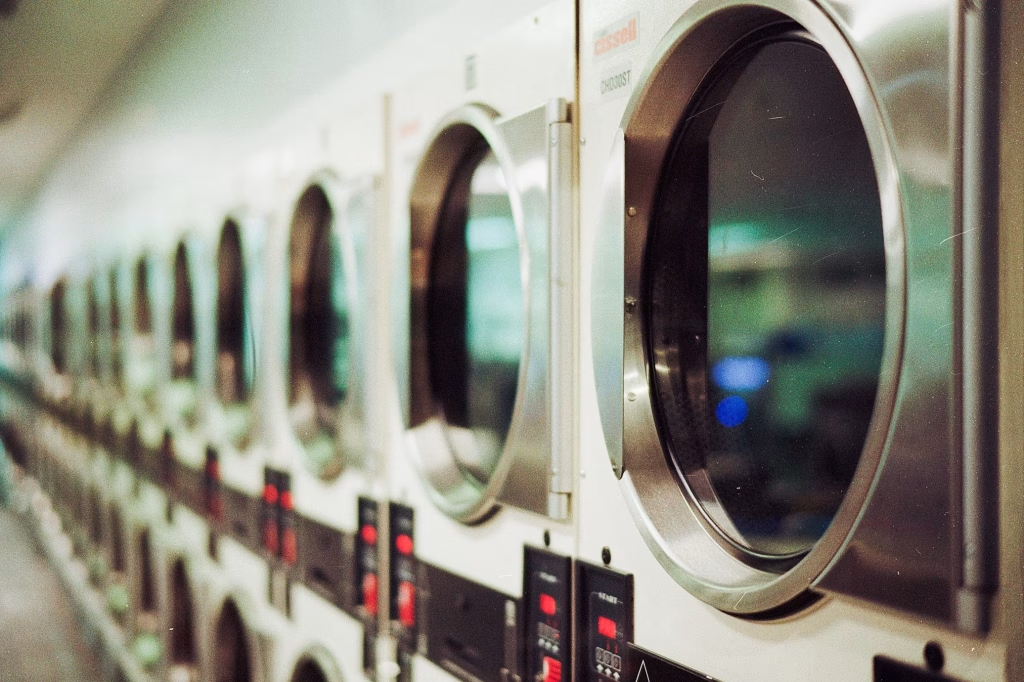
Beyond the basic types, modern best commercial dryers come packed with features designed to enhance performance, efficiency, and ease of use. Knowing about these features will help you differentiate between models and choose one that truly meets your needs.
4.1. Advanced Moisture Sensing Technology: Preventing Over-Drying
Imagine a smart system that knows exactly when your clothes are dry and stops the cycle automatically. That’s essentially what advanced moisture sensing technology does. By continuously monitoring the moisture levels in the drum, these sensors prevent over-drying, which not only saves energy but also reduces wear and tear on fabrics. It’s like having a built-in laundry expert that ensures your items are perfectly dried every time.
4.2. Programmable Cycles: Customization for Different Fabric Types
Different fabrics require different drying temperatures and cycle lengths. A delicate silk blouse shouldn’t be treated the same way as a heavy-duty denim jacket. Programmable cycles allow you to customize drying settings for various fabric types, ensuring optimal results and preventing damage. This feature is particularly useful for businesses that handle a wide range of textiles.
4.3. Lint Filtration Systems: Maintaining Efficiency and Safety
Lint is the enemy of efficient drying and a potential fire hazard. Best commercial dryers will have an effective lint filtration system that is easy to access and clean. Regular lint removal is crucial for maintaining airflow, reducing drying times, and ensuring the safety of your operation. Think of the lint filter as the lungs of your dryer – keep it clean for optimal performance!
4.4. Digital Controls and User-Friendly Interfaces
Gone are the days of simple knobs and dials. Many modern commercial dryers feature digital controls and user-friendly interfaces that provide precise temperature and cycle settings, as well as diagnostic information. These intuitive controls make it easier for staff or customers to operate the machines correctly and efficiently.
4.5. Comparing High-Efficiency Commercial Dryer Models
Now that we know what to look for, let’s delve into the realm of high-efficiency models. These best commercial dryers are designed to minimize energy consumption and operating costs, making them a smart choice for businesses looking to improve their bottom line and reduce their environmental impact.
4.6. Energy Star Certified Dryers: Maximizing Savings and Sustainability
The Energy Star label is a symbol of energy efficiency recognized globally. Best commercial dryers that earn this certification meet strict energy performance standards set by environmental agencies. Choosing an Energy Star certified dryer means you’ll be using less energy compared to standard models, leading to significant cost savings over the lifespan of the machine and contributing to a more sustainable operation.
4.7. High-Speed Extraction Compatibility: Reducing Drying Time
The less moisture your laundry has when it goes into the dryer, the less time and energy it will take to dry. High-speed extraction washing machines remove more water during the spin cycle, significantly reducing the workload on the dryer. If you’re looking to maximize efficiency, consider pairing your commercial dryers with high-speed extraction washers. You can find excellent options at Spinwashing’s best commercial washing machine selection.
4.8. Innovative Drum Designs: Enhancing Airflow and Drying Performance
Manufacturers are constantly innovating to improve drying performance. Features like specialized drum designs with strategically placed perforations and ribs can enhance airflow and heat distribution, leading to faster and more even drying. These seemingly small details can make a significant difference in overall efficiency and the quality of the dried laundry.
5. Choosing the Perfect Commercial Dryer for Your Business
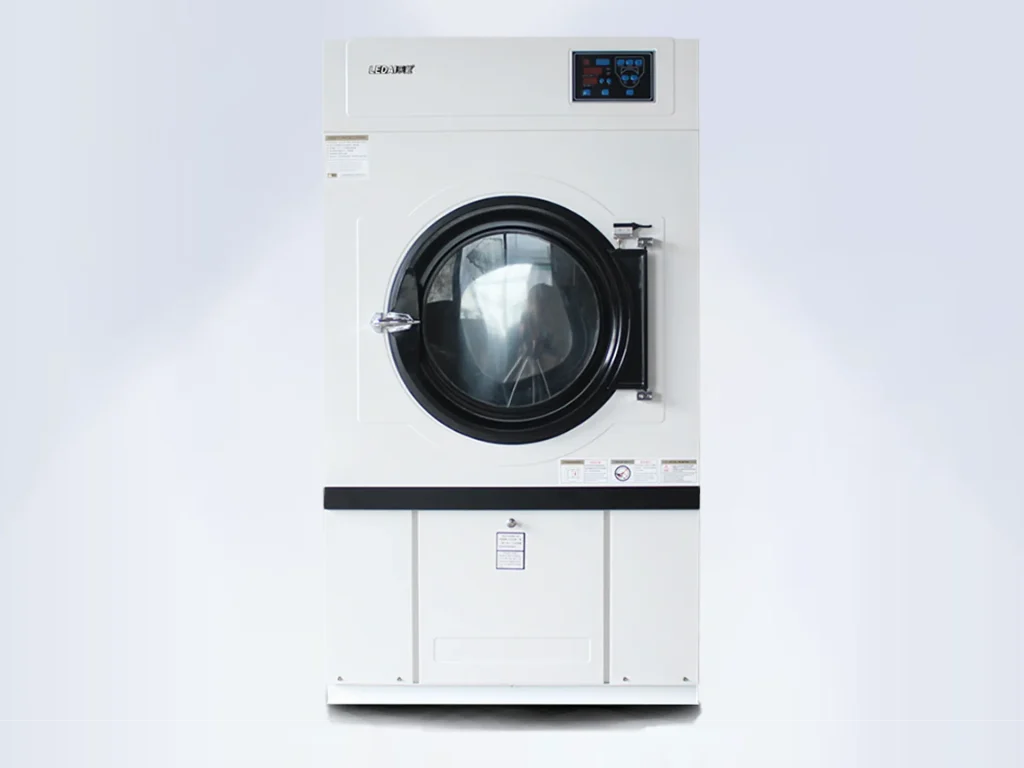
The best commercial dryer isn’t a universal concept; it depends entirely on your specific business needs and priorities. Let’s look at some common scenarios and the types of dryers that might be the best fit.
5.1. For Laundromats: Balancing Customer Needs and Operational Costs
For laundromats, the key is to offer reliable, easy-to-use dryers that provide quick and efficient drying for customers. Durability is also crucial due to the high usage volume. Look for models with user-friendly controls, clear pricing options, and robust construction. Energy efficiency is also important to keep operating costs manageable. Consider stackable units to maximize floor space, and explore options with features like coin or card payment systems. You might find some great options by browsing Spinwashing’s best commercial dryer range.
5.2. For Hotels and Hospitality: Handling Large Volumes and Quick Turnarounds
Hotels and other hospitality businesses deal with large volumes of laundry that need to be processed quickly to ensure a constant supply of clean linens. High-capacity tumbler dryers are often the workhorse in these settings. Durability and reliability are paramount to avoid disruptions to operations. Features like advanced moisture sensing and programmable cycles can help optimize efficiency and ensure consistent drying results for various types of linens.
5.3. For Industrial Use: Robustness and Reliability in Demanding Environments
Industrial laundry operations often deal with very heavy-duty items and operate under demanding conditions. In this context, robustness and reliability are non-negotiable. Look for heavy-duty best commercial dryers built with high-quality components that can withstand continuous use. Pass-through dryers might be a viable option for very high-volume operations, and features that simplify maintenance and minimize downtime are highly valuable.
6. Installation, Maintenance, and Long-Term Care
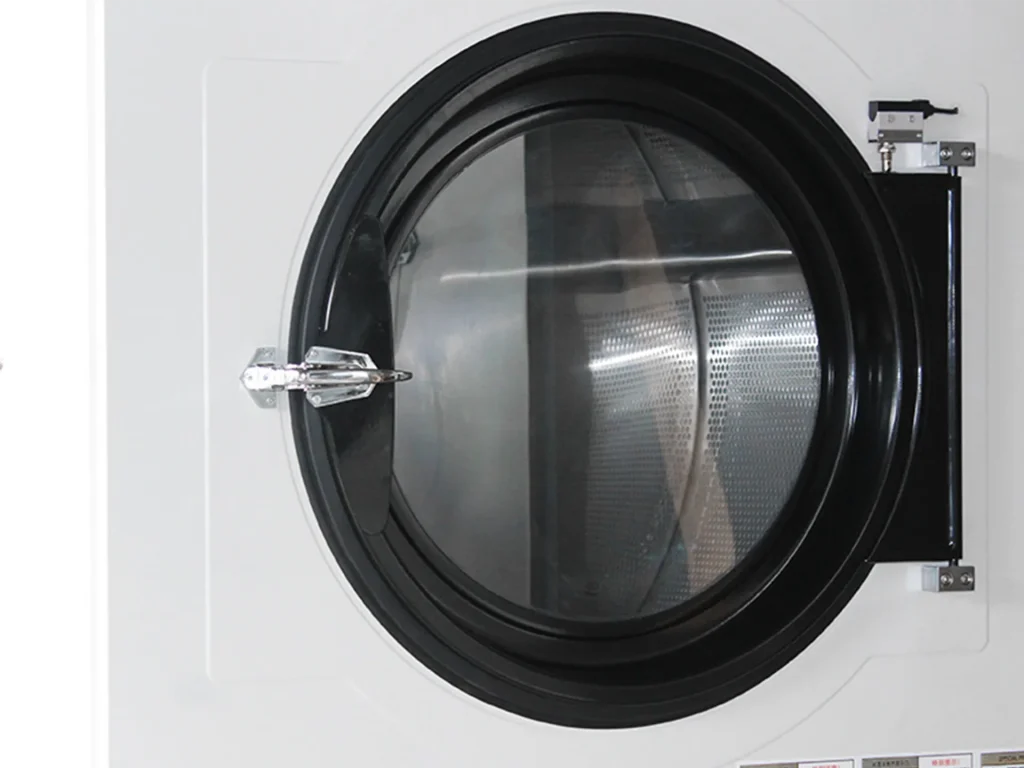
Investing in a great commercial dryer is only part of the equation. Proper installation, regular maintenance, and understanding basic troubleshooting are essential for ensuring its longevity and optimal performance.
6.1. Proper Installation: Ensuring Safety and Optimal Performance
Best commercial dryers, especially gas models, require professional installation to ensure safety and proper functioning. Electrical connections must also be done correctly. Improper installation can lead to safety hazards and reduced efficiency. Always rely on qualified technicians for the installation of your commercial dryers.
6.2. Regular Maintenance: Extending the Lifespan of Your Dryer
Think of your commercial dryer like any other piece of machinery – it needs regular care to keep running smoothly. This includes daily lint removal, periodic cleaning of the drum and vents, and regular inspections of belts, hoses, and electrical connections. Following the manufacturer’s recommended maintenance schedule is crucial for preventing breakdowns and extending the lifespan of your investment.
6.3. Troubleshooting Common Dryer Issues
Even with the best maintenance, you might occasionally encounter issues. Knowing how to troubleshoot common problems, such as the dryer not heating, taking too long to dry, or making unusual noises, can help you address minor issues quickly or provide valuable information to a service technician.
7. Making the Smart Investment: Factors Beyond the Purchase Price
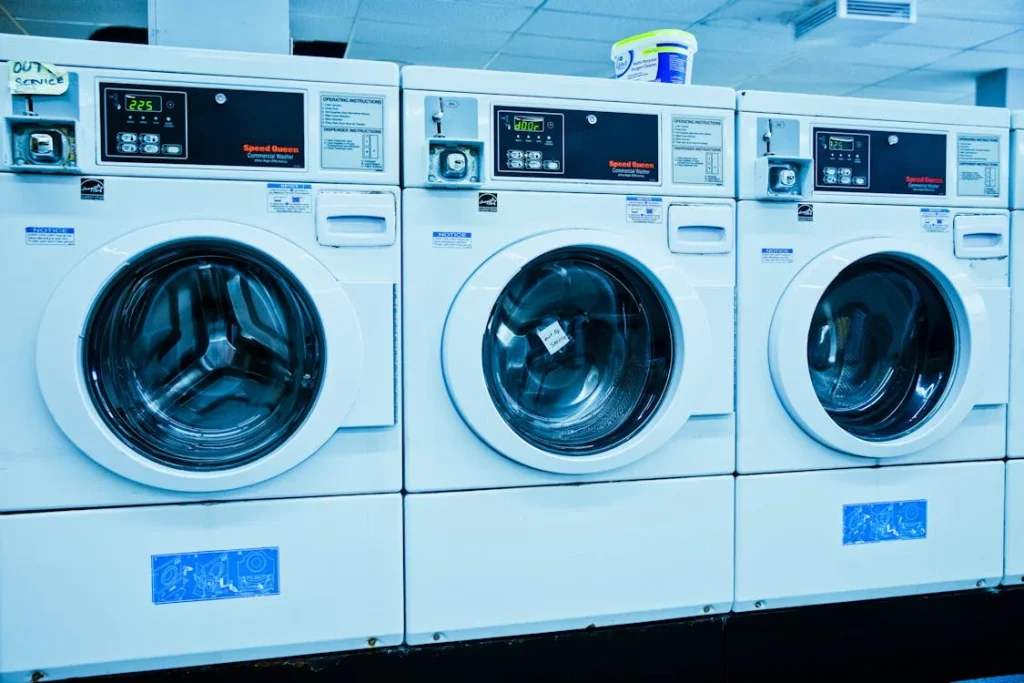
When evaluating commercial dryers, it’s important to look beyond the initial purchase price. Consider the long-term costs and benefits to make a truly informed decision.
7.1. Total Cost of Ownership: Considering Energy and Maintenance Costs
The total cost of ownership includes not only the initial price of the dryer but also the ongoing costs of energy consumption, water usage (if applicable), maintenance, and potential repairs over its lifespan. A more expensive, energy-efficient model might have a lower total cost of ownership in the long run compared to a cheaper, less efficient option. Doing a thorough cost analysis is essential.
7.2. Warranty and Support: Peace of Mind for Your Investment
A good warranty provides peace of mind and protects you against manufacturing defects. Consider the length and scope of the warranty offered by different manufacturers. Also, evaluate the availability of local service and support. Knowing that you can easily get help if something goes wrong is an important factor in your decision. Don’t hesitate to reach out to us if you have any questions about their products and support.
8. Conclusion: Your Path to Optimal Commercial Drying Solutions
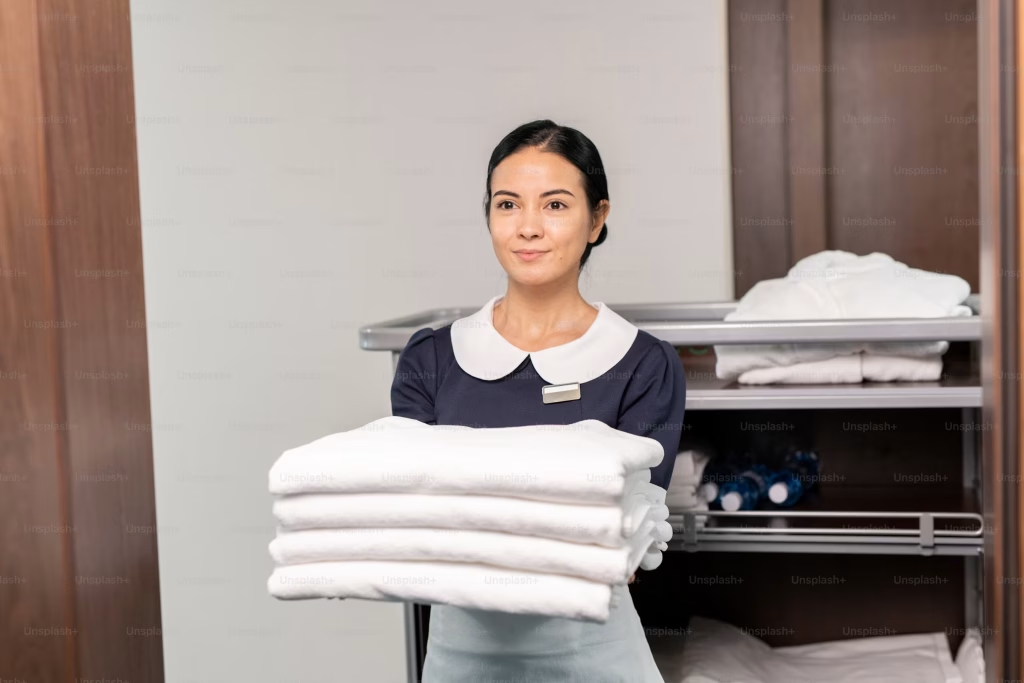
Choosing the best commercial dryer for your business is a significant decision that impacts efficiency, operating costs, and overall productivity. By understanding your specific needs, exploring the different types and features available, and considering the long-term implications of your investment, you can confidently select a high-performance solution that will serve your business well for years to come. Remember to prioritize capacity, efficiency, and durability, and don’t underestimate the importance of proper installation and maintenance.
Ready to take the next step in optimizing your best commercial laundry operations? Contact us today to discuss your specific requirements and explore our range of high-quality commercial dryers and other laundry equipment. Our team of experts is here to help you find the perfect solution for your business needs. Don’t wait – let’s get your laundry running smoothly and efficiently!
9. Frequently Asked Questions (FAQs)
Q: What size commercial dryer do I need for my laundromat?
The ideal size depends on your customer volume and the capacity of your washing machines. A common rule of thumb is to have a dryer capacity that is roughly equivalent to or slightly larger than your washing machine capacity. Consider offering a mix of sizes to cater to different load sizes.
Q: Are gas or electric commercial dryers more energy-efficient?
It depends on the local utility rates. Gas dryers generally heat faster, but the cost-effectiveness depends on the price of natural gas versus electricity in your area. Modern electric dryers with advanced moisture sensors can also be highly efficient. It’s best to compare the energy efficiency ratings (like the Modified Energy Factor) of specific models.
Q: How often should I clean the lint filter in the best commercial dryer?
For optimal performance and safety, the lint filter should be cleaned after every load. A clogged lint filter reduces airflow, making the dryer less efficient and increasing the risk of fire.
Q: What is the typical lifespan of a commercial dryer?
The lifespan of a commercial dryer can vary depending on the quality of the machine, the frequency of use, and how well it is maintained. Generally, a well-maintained commercial dryer can last anywhere from 10 to 15 years or even longer.
Q: What are some signs that my commercial dryer needs professional servicing?
Signs that indicate your dryer needs professional attention include unusual noises (loud banging, squealing), the dryer taking significantly longer than usual to dry clothes, a burning smell, the dryer not heating up at all, or error codes appearing on the digital display. Don’t ignore these signs, as they could indicate a more serious underlying issue.
Here are some other articles that we think might interest you:
Industrial Washer Dryer vs Commercial Washer Dryer

